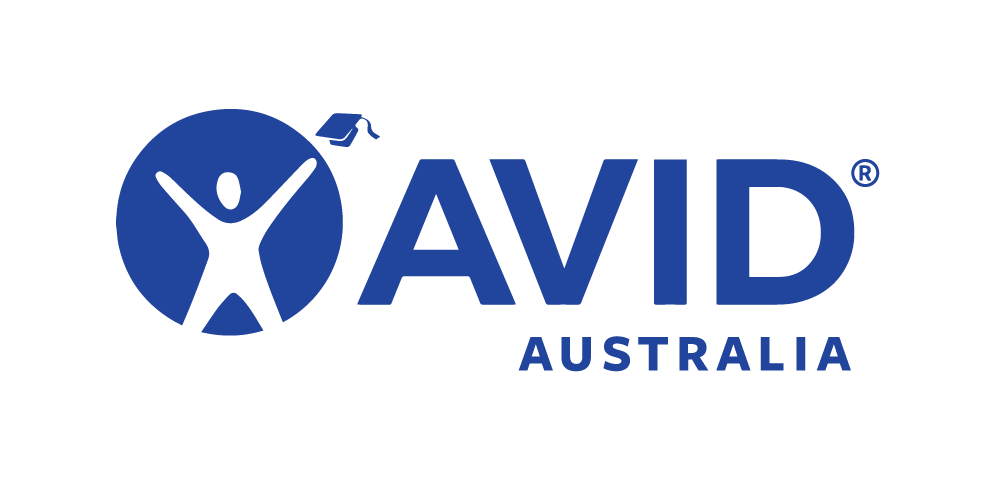In this ATAR course students explore health as an essential quality of life. They examine the impact of social, environmental, economic and biomedical factors on health, as well as identify barriers, which prevent groups from experiencing better health. Students apply inquiry skills to examine and analyse health issues, develop arguments and draw evidence-based conclusions. The course also provides students with opportunities to develop skills that will enable them to pursue careers in health promotion, research or community health care.
Prerequisites:
Minimum B Grade or exam mark of 65% in Year 11 Health Studies (ATAR); Minimum C Grade in Year 11 English; Excellent Interpersonal Skills
Syllabus:
The Year 12 syllabus is divided into two units, each of one semester duration, which are typically delivered as a pair. The notional time for each unit is 55 class contact hours.
Unit 3
The focus of this unit is the health of specific populations. Within Australia and across the globe, there are groups who do not enjoy the same level of health as the general population. Students learn about factors creating these differences and ways of improving the health and wellbeing of specific groups through priority health approaches. They examine models and social justice principles which can be applied to address health inequity, and review actions and strategies focusing on reducing these inequities. The influence of attitudinal and environmental influences on the health of specific groups is explored. Students examine and interpret relationships in data which explain disparities in health through the application of critical inquiry skills.
Unit 4
The focus of this unit is local, regional and global challenges to health. Despite incredible improvements to health over many years, life expectancy rates within and across populations vary considerably. Students learn about the impact of social determinants on global inequities and other challenges to health, and approaches to address barriers that prevent groups from experiencing better health outcomes. Students examine international health agencies and global and local initiatives designed to improve health. Students further refine and apply investigative skills to analyse health issues, develop well-constructed arguments, and draw evidence-based conclusions.
Assessments:
Health Inquiry: 20%
Major Health Project: 20%
Short and Extended Responses: 20%
Examination: 40%
More Information:
For further information regarding this course click here.












